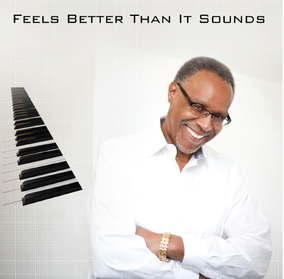
Jawanza Kobie intends for you to hear his compositions and that is what you hear. The balance between the musicians and the music is so well struck that the hearer is not left with the memory of a performance but rather of what was performed.
As a young boy Jawanza was taken with the music of Beethoven, Gershwin and Copland and began to study piano at six years of age. He had listened to the Jazz that his father showed him and was influenced by Oscar Peterson and Ramsey Lewis. Later his influences included Chick Corea and Herbie Hancock in Jazz plus the Beatles, Sly & the Family Stone, Bob Dylan, Quincy Jones and more.
He learned to chart his own music at nine and, as a teenager, studied music at the famed Settlement Music School in Philadelphia where he was first introduced to theory and composition. He earned his Bachelor’s degree in composition from Berklee College of Music where he lead a Jazz-funk big band. After graduation, Jawanza taught music and worked as a songwriter and producer.
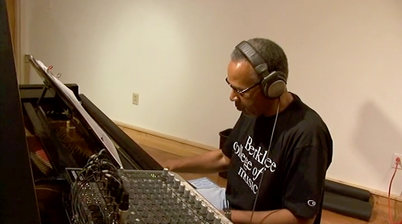
Perhaps intended to be a play off Mark Twain quoting Edgar Wilson Nye's remark that "Wagner's music is better than it sounds," Jawanza's title is a spot-on comment about the beautiful feeling of the music on this album.
The lead-off piece is entitled “Monk.” The groove is not the Be-bop you might expect but is instead a cool funk groove. Guitarist Buddy Frambo cuts through with equally cool jazz-funk licks and, on occasion, recalls lines from the Jackson 5’s “Dancing Machine.”
When it is Jawanza’s turn, however, the piano is straight Jazz on top of all that funk. His synth horn blasts serve as punctuations in this lyrical lecture on how to make the listener indeed feel good.
The rhythm section of Webb Thomas (drums) and Lee Smith (bass) keep the drive alive and interesting. “Monk” is a great hook for the rest of the album.
“A Pineapple Between Us” follows and it feature3 great horn work from Dwight Sutton (trumpet) and Terry Thompson (also sax). Fambro’s guitar again presents a splendid dialogue with Sutton’s muted trumpet. The quick time signatures enhance the post-Miles fusion atmosphere. It is a fascinating piece that quite simply enthralls the attention.
“Webb T’s Blues” brings back the horns. Thompson’s sax just wails and Sutton’s trumpet soars. Webb Thomas’ drumming is incredibly rich and deliberate. The 6/8 waltz pacing of Jawanza’s piano has a gospel groove going on with Smith’s beautiful acoustic blues bass lines.
Some of the finest changes of the whole album are heard in “Can’t Take the News.” Bruce Middle weaves a double-helix of delicate and destructive guitar. Dexter Sims appears for the first time on this track and his approach to the electric bass is more aggressive which is perfectly suited for his interaction with Middle. Jawanza’s keyboards are almost majestic in the broad and climbing crescendo to the end.
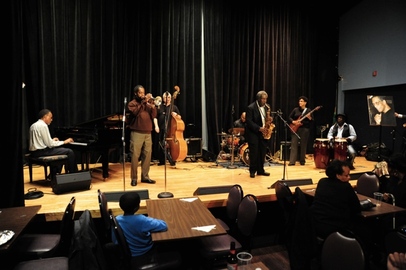
Thompson’s alto sax delightfully textures the happy swing of Thomas and Sims. Jawanza brings the jazzy piano with the percussion of Leonard Gibbs and creates a breezy jazz of jubilation.
“They’ll Only Know What You Do” is the only track to contain vocals on the album with Devon Patterson taking the lead vocals. Backing vocals are provided by Karen Domino White along with Jawanza himself.
The piece brings back Lee Smith on bass and introduces guitarist David P. Stevens in his only appearance on the album. His Carlos Santana-style guitar is so very appropriate to the drift of the song.
The piano-bass-drums are the focus of “Rare Bird Ballet” featuring Leonard Gibbs on percussion once more. It is a Latin swing that shows just how broadly influenced and nuanced Jawanza is as a composer. The employment of those Latin rhythms with the synths brings to mind the early albums of Patrick Moraz. Jawanza, however, brings a reverent maturity that escaped those early Moraz recordings.
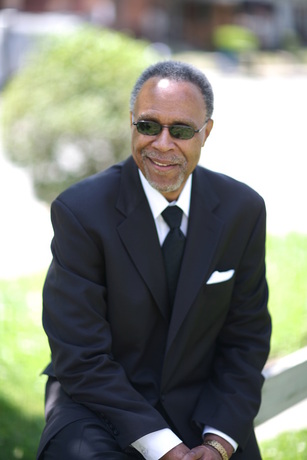
To my mind, this piece in particular reveals the man Jawanza Kobie. It is almost agonizingly beautiful in the chord changes. It is also open to the work of the fellow-musicians. It is democratic in its division of the attention.
The gentle loveliness speaks of a soul full of joy and kindness. This is not the sappiness of “smooth jazz”; it is the triumph of a thankful spirit. I confess. This is my very favorite track on the album and I think I listened to it about six times in a row. I can’t get enough of this very touching piece.
“Carnival de la Samba” is the album’s closing track. Buddy Fambro takes up the acoustic guitar for his role in the samba and he executes exceptionally. The rhythm section of Thomas, Sims and Gibbs carry off the support extremely well as Jawanza provides a sweeping keyboard that is both broad and profound.
The point of the album was not to highlight Jawanza’s splendid skills on the keys; it was to offer a showcase for his incredible composing. The heart of Jawanza Kobie is laid bare on this album and it reveals a warmth and generosity and affection that is touching.
The album itself is sailing, soaring and spiritual in all the right ways. And maybe, just maybe, it “feels better than it sounds”... but it sounds so good.
"Feels Better Than It Sounds" can be purchased at cdbaby.com, Amazon.com or on iTunes.
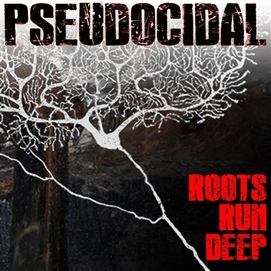
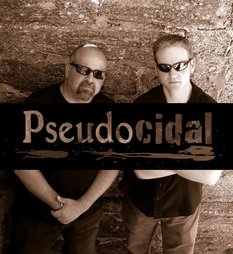
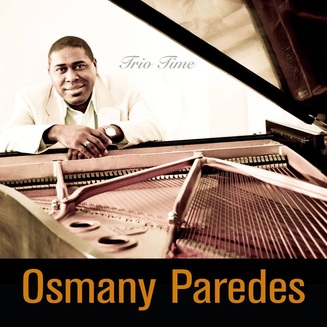
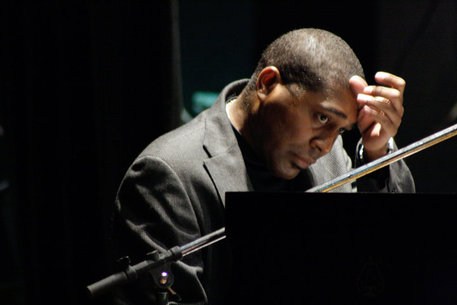
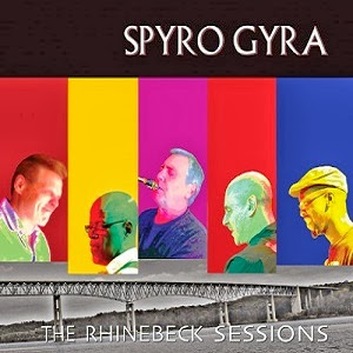
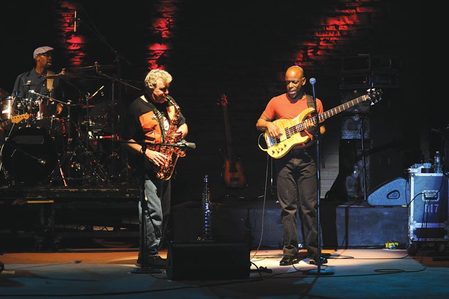
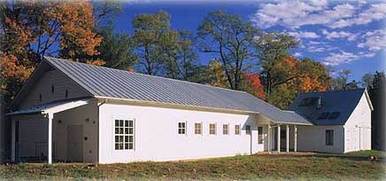
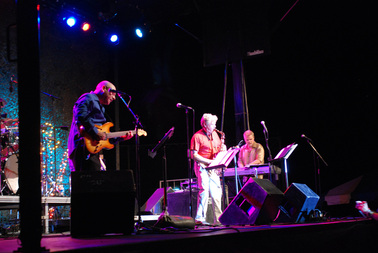
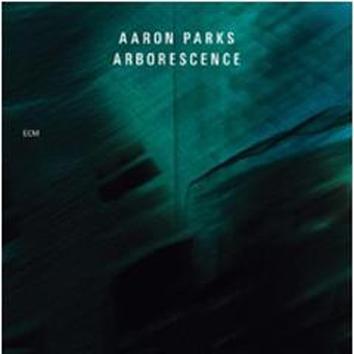
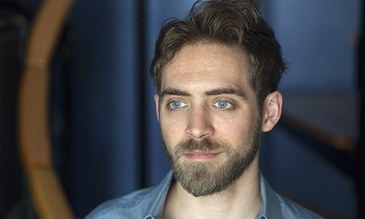
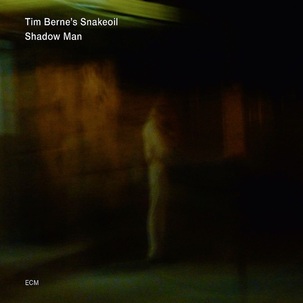
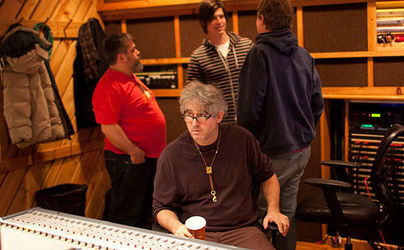
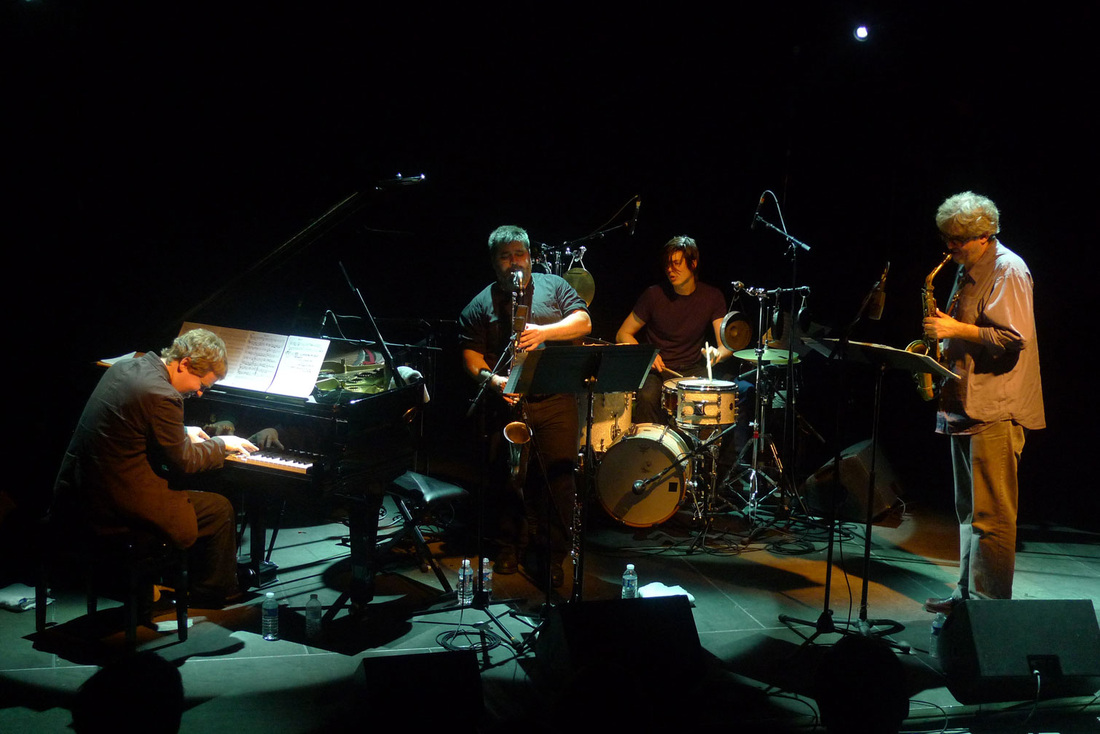
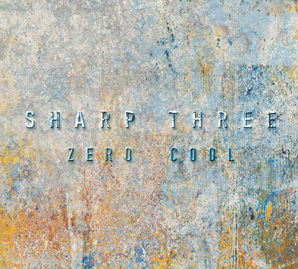
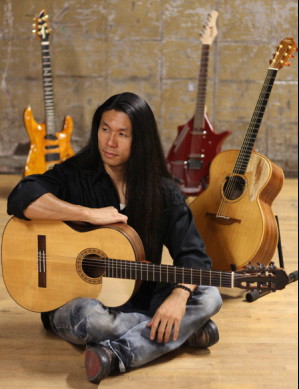
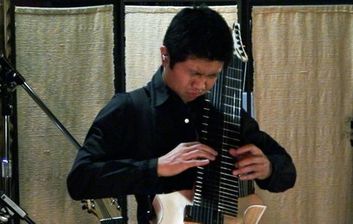
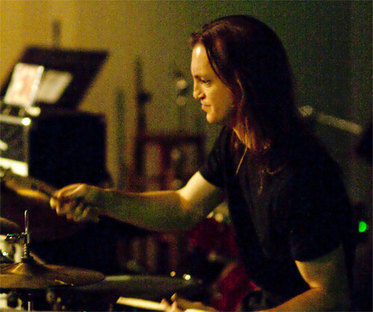
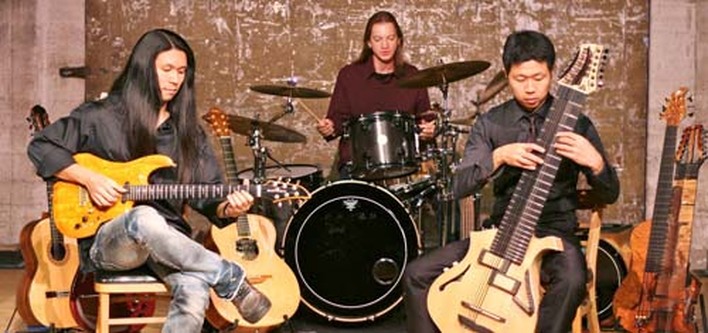
 RSS Feed
RSS Feed
